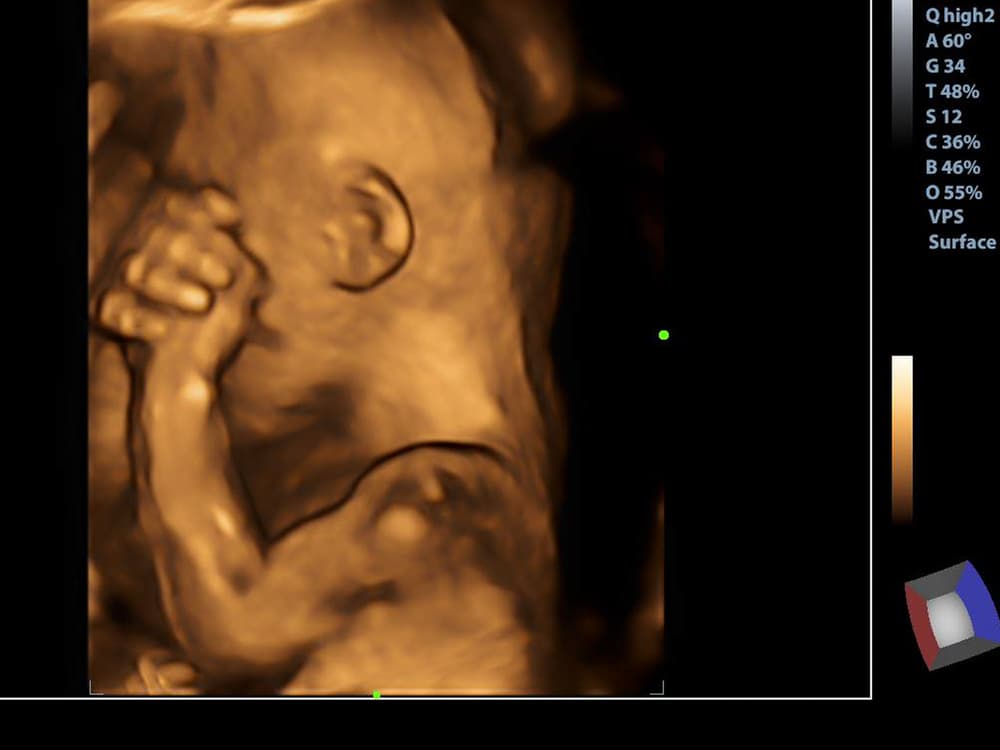Contents:
- Medical Video: I am ANA +, Can i develop Lupus, or am i suffering from Lupus - Manipal Hospital
- What are anti-nuclear antibodies (ANA test)?
- When do I have to undergo anti-nuclear antibodies (ANA test)?
- What should I know before undergoing anti-nuclear antibodies (ANA test)?
- What should I do before undergoing anti-nuclear antibodies (ANA test)?
- What is the process of anti-nuclear antibodies (ANA test)?
- What should I do after undergoing anti-nuclear antibodies (ANA test)?
- What do the test results mean?
Medical Video: I am ANA +, Can i develop Lupus, or am i suffering from Lupus - Manipal Hospital
Definition
What are anti-nuclear antibodies (ANA test)?
Anti-nuclear antibody tests (Antinuclear Antibodies test or ANA) is used to measure levels and patterns of antibody activity in the blood against the body (autoimmune reaction). The immune system in the body is useful for killing foreign substances such as bacteria and viruses. But in autoimmune disorders, the immune system attacks normal tissue in the body. If someone has an autoimmune disease, the immune system will produce antibodies that attach to the body's cells, causing the body's cells to become damaged. Rheumatoid arthritis and systemic lupus erythematosus are some examples of autoimmune diseases.
The ANA test along with symptoms of the disease, physical examination and several other tests are used to determine autoimmune diseases.
When do I have to undergo anti-nuclear antibodies (ANA test)?
Your doctor will file an ANA test if your doctor suspects you have an autoimmune disease such as lupus, rheumatoid arthritis or scleroderma. Some rheumatic diseases have almost the same symptoms - joint pain, fatigue and fever. The ANA test alone cannot ensure a specific diagnosis, but can eliminate the possibility of other diseases. If the ANA test results are positive, a blood test can be performed to see the presence of certain anti-nuclear antibodies that can show certain diseases.
Prevention & warning
What should I know before undergoing anti-nuclear antibodies (ANA test)?
Autoimmune diseases cannot be diagnosed using only the ANA test results. Complete medical history, physical examination and results from other tests are used in conjunction with ANA tests to identify the presence of autoimmune diseases, such as Systemic lupus erythematosus (SLE) or rheumatoid arthritis.
Some healthy people can also have an increase in ANA in the blood, like some people with a history of family diseases that have autoimmune diseases. The higher the ANA level, the more likely it is to get an autoimmune disease. ANA levels can increase with age.
Process
What should I do before undergoing anti-nuclear antibodies (ANA test)?
There is no special preparation needed. However, certain medications such as birth control pills, procinamind, and thiazide diuretics can affect the accuracy of the test. Make sure your doctor knows the medicines you are taking.
What is the process of anti-nuclear antibodies (ANA test)?
The medical personnel who are in charge of taking your blood will take the following steps:
- wrap an elastic belt around your upper arm to stop the blood flow. This makes the blood vessels under the bond enlarge making it easier to inject needles into the vessels
- clean the part to be injected with alcohol
- inject a needle into a vein. More than one needle may be needed.
- attach the tube to the syringe to fill it with blood
- remove the ties from your arms when taking blood is enough
- attach gauze or cotton to the injected part, after the injection is finished
- put pressure on the part and then put on a bandage.
What should I do after undergoing anti-nuclear antibodies (ANA test)?
Blood samples will be examined in the laboratory. You can move as usual after undergoing a test.
Explanation of Test Results
What do the test results mean?
A positive test result is if anti-nuclear antibodies are found. However, positive test results do not necessarily mean you have an autoimmune disease. Some people can have positive test results without having autoimmune diseases, especially women over 65 years.
Mononucleosis and other infectious chronic diseases are often associated with the development of anti-nuclear antibodies. Some blood pressure and anti-seizure-lowering drugs can also trigger the formation of anti-nuclear antibodies. The presence of ANA in the blood can be caused by:
- chronic liver disease
- collagen vascular disease
- drug-induced lupus erythematosus
- myositis (muscle swelling disease)
- rheumatoid arthritis
- Sjogren's syndrome
- systemic lupus erythematosus
Increased levels of ANA can be found in people who have:
- systemic sclerosis (scleroderma)
- thyroid disease
If your doctor suspects you have an autoimmune disease, the doctor will submit several other tests. ANA test results are one of the instructions that doctors can use to determine the cause of your symptoms.
Hello Health Group does not provide medical advice, diagnosis or treatment.











